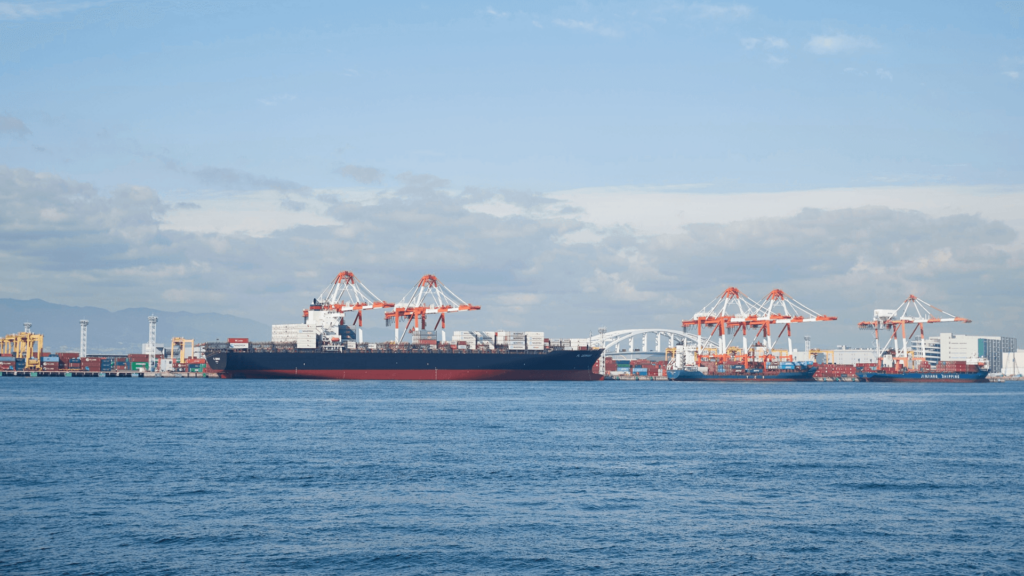
Following the usual format of the Florence School of Regulation, the 6 th Florence Air Forum aims at offering a platform to senior stakeholders from regulators, politics, operators, ANSPs, air carriers, airports, authorities, associations to discuss with prominent academics and to take stock of topics relevant to aviation regulation and policies. Relevant stakeholders such as Florian Guillermet (Executive Director of SESAR JU), Frank Brenner (Director General of Eurocontrol), and Maria Mas Rueda (SESAR Programme Manager at the European Defence Agency) already confirmed their participation.
The 6 th Florence Air Forum will take stock of the different interests in the Single European Sky (SES) and discuss how its governance can best accommodate the various interests at hand, while making the most effective use of SESAR deployment. Once implemented, the SES would create benefits for all actors involved. Yet, in the short run there are costs: costs for adapting to the new technology, as well as political costs resulting from the redistribution of power among the involved actors.
Technology plays a central role in moving the Single European Sky forward. This is why a central pillar of the SES legislation focusses on Air Traffic Management (ATM) research through the SESAR program.
Currently, the EU is preparing the deployment phase of SESAR to decide which projects to implement at which geographical level. The so-called Deployment Manager will have to manage this process in a way that takes into account the different interests of the involved stakeholders, namely the ones of big and small Air Navigation Service Providers (ANSPs), airlines, SESAR JU, the military, Eurocontrol, etc. In doing so, the deployment manager will have to make sure that the full efficiency potential of the SES technologies is ultimately implemented, coordinating all stakeholders so as to ultimately realize the broad vision of the ATM system.
The vision for the SES is an integrative one, which builds on economies of scale and potentially leads to consolidation. Technology, on the other hand, also has the potential for equally efficient decentralized, yet coordinated solutions. SESAR has developed numerous technological innovations that can achieve such coordination, however to make use of this potential all stakeholders need to be equally involved in the deployment process. It seems to be essential that the stakeholders understand and support the transformation into a new framework (business model) that builds on shared infrastructure and services.
To learn more about our activities related to air transport and to download the workshop papers related to the past Forums, please visit our dedicated webpage .
For more information please contact FSR.transport@eui.eu
Final Programme

The 4th Florence Rail Regulation Conference aims to discuss advancements for accelerating the growth of the railways in the EU.…

The 3rd Florence Aviation Regulation Conference aims to discuss current and future economic and regulatory policies relating to European air…

The 1st Florence Maritime Regulation Conference aims to discuss regulatory advancements that accelerate the competitiveness and sustainable development of shipping,…
To meet, discuss and learn in the channel that suits you best.